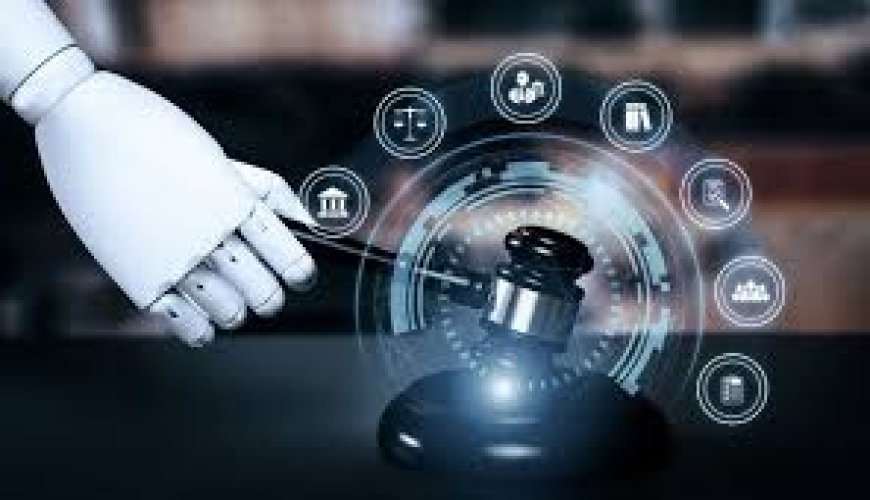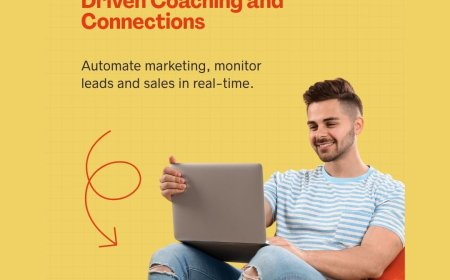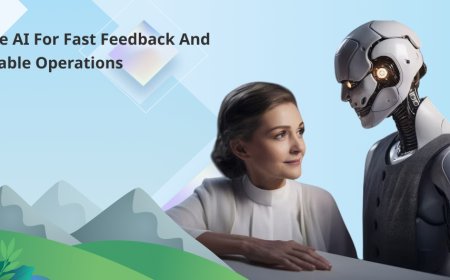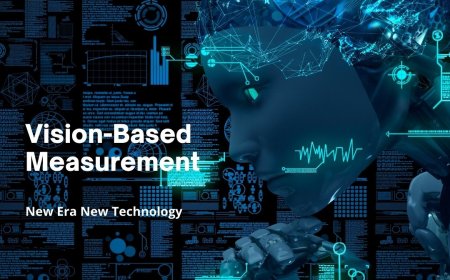AI Legal Software Development vs. Traditional Legal Software: What's the Difference?
Discover how AI Legal Software Development differs from traditional legal software in capabilities, efficiency, and client value.

In an era where technology is reshaping every sector, the legal industry is undergoing a pivotal transformation. Legal software is no longer just about case management and document storageits now about intelligent automation, predictive analysis, and instant decision-making. At the core of this evolution is AI Legal Software Development, a cutting-edge approach that's redefining how legal professionals operate.
But how exactly does it differ from traditional legal software? Why is AI-powered software generating such buzz across law firms worldwide? In this article, we break down the key distinctions and help you understand which path offers greater value for your law firm in 2025.
Understanding Traditional Legal Software
Traditional legal software has been a reliable companion for law firms for decades. It focuses on digitizing manual tasks and centralizing information.
Here are common features of traditional legal software:
-
Case and matter management
-
Document creation and storage
-
Billing and time tracking
-
Legal calendaring
-
Client relationship management (CRM)
These systems are structured, rule-based, and designed to maintain accuracy and compliance. They help legal teams stay organized and improve administrative efficiencybut they rely heavily on human input and oversight.
While these tools are critical, they often stop at process facilitation. They don't "think," learn, or adapt over time.
What is AI Legal Software Development?
AI Legal Software Development refers to creating intelligent systems that simulate human reasoning, analyze large datasets, and make recommendations or decisions. It leverages technologies like:
-
Machine Learning (ML)
-
Natural Language Processing (NLP)
-
Robotic Process Automation (RPA)
-
Predictive analytics
Unlike traditional software, AI-based tools can evolve. The more data they process, the smarter and more accurate they become.
Think of AI legal tools as having an ever-learning legal assistant who never sleeps, forgets, or misses a deadline.
Key Differences Between AI and Traditional Legal Software
1. Intelligence vs. Automation
Traditional Software automates predefined tasks based on user input. It follows a static set of rules.
AI Legal Software, on the other hand, doesnt just automateit learns. It recognizes patterns, predicts outcomes, and improves over time. For instance, an AI tool can read hundreds of contracts and highlight potential legal risks, learning from each case it processes.
2. Data Interpretation vs. Data Storage
Traditional software stores legal datacase files, briefs, client notesbut it requires a human to interpret and analyze that data.
AI Legal Software Development allows platforms to understand data. They extract insights, summarize lengthy documents, and even suggest legal strategies. It transforms raw data into usable, strategic intelligence.
3. Reactive vs. Proactive
Traditional tools are reactive. You input data, and it performs a specific functionlike generating an invoice or filing a form.
AI tools are proactive. They can flag risks in real-time, remind attorneys of contract renewals, suggest legal citations, or alert you to jurisdictional changesbefore you even think about them.
4. Fixed Functionality vs. Adaptability
Traditional systems offer set features and require manual updates or reconfiguration to evolve.
AI solutions are adaptive. For example, a machine learning tool trained on employment law in the U.S. can be trained further for U.K. lawlearning from localized datasets without complete system rewrites.
5. Manual Input vs. Automated Discovery
Traditional systems depend on users to manually search and input data.
AI can crawl legal databases, pull relevant laws, and even conduct legal research autonomously. For instance, a natural language interface allows a lawyer to type, Find me precedents where breach of contract was ruled out due to lack of intent, and receive a curated list of relevant case laws.
Where AI Excels: Game-Changing Use Cases
Here are some areas where AI legal tools are taking the lead:
-
Contract Analysis: AI reads and interprets contracts, identifying clauses, inconsistencies, and compliance risks.
-
Litigation Prediction: Algorithms analyze historical data to estimate outcomes and legal strategies.
-
Due Diligence: AI tools process large volumes of documents in M&A, saving hundreds of hours.
-
Legal Chatbots: 24/7 client interaction tools offering legal guidance, document submission, and follow-ups.
-
Regulatory Compliance: AI tracks regulatory changes in real-time and alerts firms accordingly.
Which is Right for Your Firm?
Traditional legal software is still valuable, especially for firms needing stable, foundational solutions. However, in todays hyper-competitive legal landscape, AI Legal Software Development offers a distinct advantage.
If your firm:
-
Deals with high volumes of data
-
Manages complex, evolving casework
-
Wants to reduce human error
-
Seeks to improve client communication
-
Aims to scale efficiently
Then integrating AI is not just a good ideaits a strategic necessity.
Transitioning to AI: What to Expect
Shifting from traditional to AI-driven platforms doesnt mean abandoning everything you know. Most AI legal systems are designed to integrate with legacy tools. The goal is enhancement, not replacement.
Implementation typically involves:
-
Identifying key pain points in your current workflow
-
Selecting AI solutions that address those needs
-
Training teams on new features
-
Monitoring and fine-tuning outputs
With the right development partner, the transition is smooth and well worth the investment.
The Verdict: Evolve or Be Left Behind
The future of law is not staticits smart, predictive, and digital. Traditional software laid the groundwork, but AI is building the skyscrapers. Law firms that recognize and act on this shift will emerge as leaders in innovation, productivity, and client trust.
AI Legal Software Development is not a replacement for good lawyeringits a powerful ally that enables legal professionals to work smarter, faster, and more strategically than ever before.
Ready to move beyond traditional legal software and embrace the power of AI?
Contact Adequate Infosoft today to explore custom AI Legal Software Development tailored for your firms success.
? +91-120-4198878







































